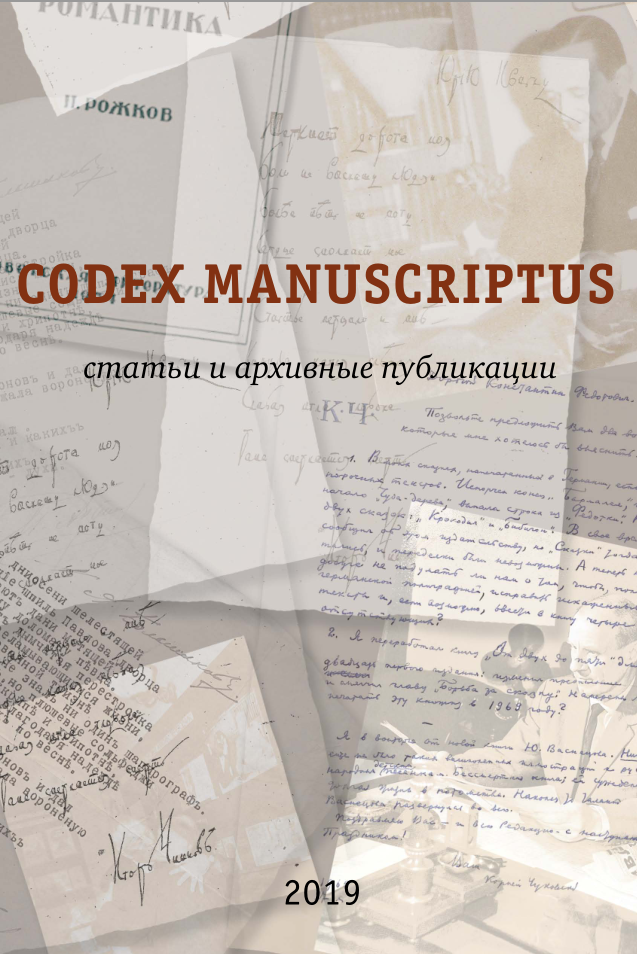Abstract:
The article focuses on two works by the Austrian writer Alexander Lernet-Holenia (1897–1976) — the novel “Standard” (1934) and the short story “Baron Bagge” (1936). The analyzed works are connected with a specific historical event, with the World War I, in which the author took part. An important role in the analysis of the works is played by the concept of the Habsburg myth, the influence of which explains the peculiarities of the attitude in the Austrian society of the late 19th — early 20th centuries. The plot of the works is inextricably linked with the history of the war and directly relates to army life, but works with historical events not realistically, but using elements of an adventure novel and fantasy stories (travel to the afterlife or a parallel world, conversations with mysterious strangers, the dead, visions, etc.). On the one hand, these narrative elements should have aroused the interest of the reader, on the other hand, adventure stories in a historical setting turn out to be complex in terms of poetics, since they reflect the crisis of consciousness, the loss of spiritual foundations in Austrian society in the 1930s. Lernet-Holenia reworks the themes of literary predecessors who created “scary stories”, fantastic, unusual situations and developed the themes of the occult. The author enters into a dialogue with the previous literary tradition, consciously distinguishing between fantastic and conditionally reliable stories, woven into a single narrative.






